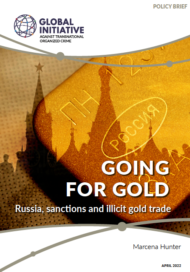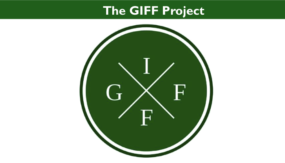Posted on 14 Feb 2014
Corruption, which was identified as a cross-cutting theme in our Institute’s program of work for 2013, is not only a problem in its own right but also part of the “larger” issue of illicit financial flows (IFFs). Simply put, IFFs deprive governments in both developed and developing countries of resources that might otherwise be invested in public goods such as health, agriculture, infrastructure, and education.
IFFs concern both illicit money and in- and outflows of money, and corruption is both their cause and consequence. Corruption often “generates” the illicit money, which also can stem from fraud or trafficking of persons, drugs, weapons, or other illegal goods. In addition, abuse of entrusted power for private gain – as corruption is commonly defined – often lures in in- and outflows of money – for instance, when illegal money is laundered to leave via the regular financial system or when local authorities negotiate tax concessions and incentives for (foreign) investment for states, companies, or individuals.
Often corruption and IFFs are mutually reinforcing, and have a negative spiraling effect on a country’s economy, weakens governance, and affects the rule of law. For example, illegal money fuels the commission of further crimes and the potential for in- and outflows of capital, whether legally or illegally “earned”, poses opportunities for corruption and other illegal acts. Therefore, we include corruption under the definition of IFFs but exclude the legal practice of tax avoidance (as opposed to tax evasion, which is illegal per se).
A comprehensive approach is taken to IFFs at the intersection of peace, security and justice, by combining perspectives of conflict prevention, rule of law, and global governance. The result is two policy recommendations: (i) to incorporate the rule of law in the post-2015 agenda, also under draft goal 12e aimed at tackling IFFs, and (ii) to use human rights obligations and responsibilities to curb IFFs.



